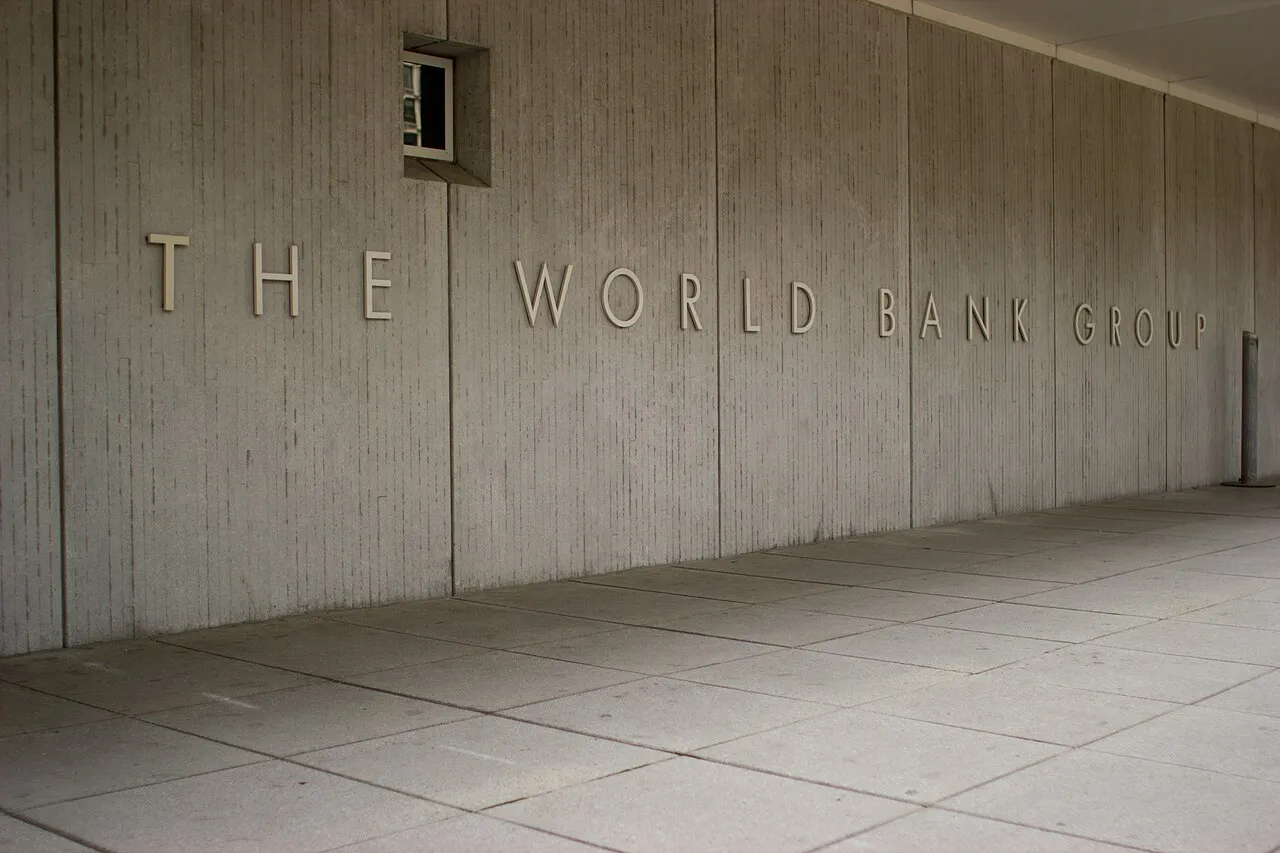
South Africa lands major funding boost from World Bank
The Treasury has not detailed which projects the World Bank loan will support but stated that the financing plan includes an interest grace period.

South Africa announced on Monday that it secured a new $1.5 billion (R26 billion) World Bank loan to boost its slow growth by reforming its deteriorating transport and energy infrastructure.
Since the 2008 global financial crisis, Africa’s most industrialised economy has struggled to regain momentum due to persistent power outages and congestion at ports and on the freight rail network.
The loan “marks a significant step towards addressing South Africa’s pressing economic challenges of low growth and high unemployment”, the country’s Treasury said in a statement.
It forms part of the government’s agenda to improve basic service delivery, and comes as the mineral-rich nation prepares to host the G20 summit in November.
The Treasury did not specify which projects the loan would fund but explained that the 16-year financing plan includes a three-year interest grace period.
Will loan alleviate South Africa’s economic woes?
Despite its industrial base, South Africa faces an unemployment rate exceeding 32%, one of the highest worldwide, with young people suffering the most.
Growth reached just 0.6% in 2024, with the South African Reserve Bank projecting a modest 1.2% for this year.
The International Monetary Fund, meanwhile, revised down its growth forecast for the country to 1%.
The country’s frequent power cuts are driven by breakdowns at the grid’s coal-fired plants.
At times of crisis the cuts have left South Africans without power for up to 12 hours a day.
Debt-laden state logistics firm Transnet has long struggled with maintenance problems, corruption scandals, and theft.
Last month, the Organisation for Economic Co-operation and Development (OECD) urged South Africa to increase investment in public infrastructure to address these issues.
However, the Paris-based forum also warned about the country’s rising debt, estimating it grew from 31.5% of gross domestic product in 2010 to a projected 77% in 2025.